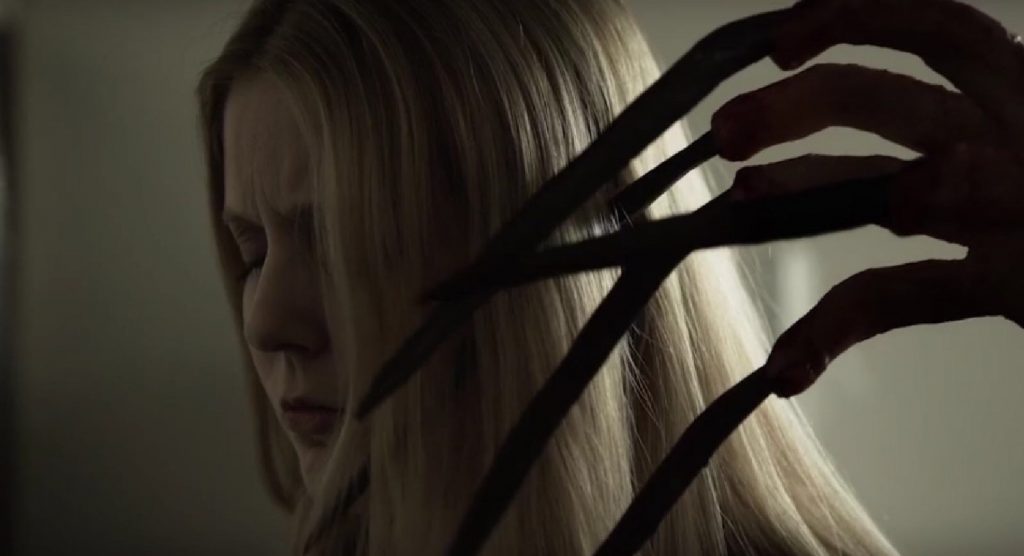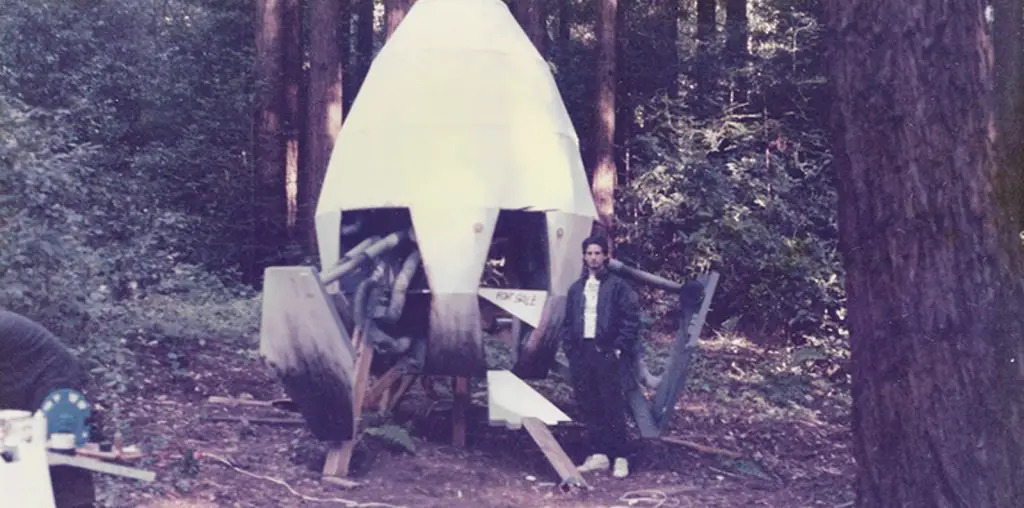
This film has not yet been reviewed. Check back later for the complete review here on FilmThreat.com. Synopsis: A crippled body soaking in a bath. Adults copulating in front of children. A man castrating himself and replacing his penis with human hair. A woman nursing a grown man at her breast. Such strange, provocative moments lay bare social taboos in A Place on Earth , Artur Aristakisyan’s lyrical exploration of the relationship between free will and human suffering and between insanity and the absence of limits.
The film is set in the Temple of Love, a grimy, impoverished squatter commune in Moscow, where everyone–the wretched alongside the beautiful–eats from one pot, sleeps in shared beds, and receives love on demand. This grubby, countercultural “utopia,” packed with long-haired hippies, naked children, disinherited beggars, and assorted pets, orbits around a Christ-like charismatic leader and his evangelical notion that the body should be given freely as a salve against suffering. When the ragged, otherworldly Maria, anguish personified, arrives hoping to find paradise, she instead witnesses its dissolution. Leaving the “squat,” her pained, Potemkin-style journey down the Odessa steps of the subway terminal reminds us that, while utopian ideals ebb and flow, misery remains a constant.
In this stylistic mélange of images, kinetic black and white photography creates a raw documentary-style realism, while the actors’ exaggerated physical gestures recall the theatricality of silent cinema. Meanwhile, claustrophobic framing, crowded with ethereal characters in bizarre tableaus, brings to mind Jack Smith’s Flaming Creatures. A true maverick, Aristakisyan boldly strips down narrative and social convention in this hypnotic, indelible, and sometimes startling vision of life outside the system.


Profound and disturbing. The long history of humanity is more suffering than joy, more misery than enlightenment and this story may well be coming to an end via the pathocracy called america.